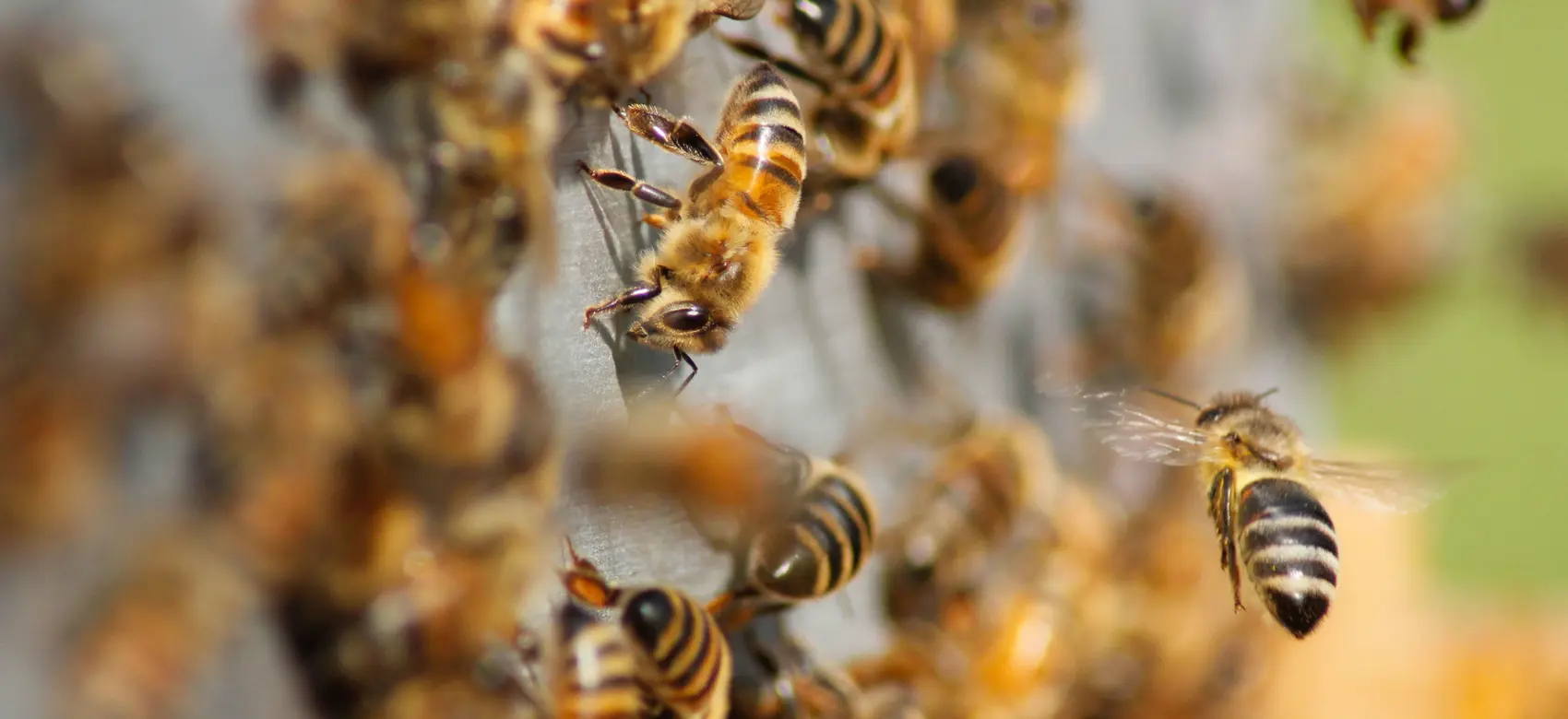Latest News
- Ontario speed camera collection to begin November 14
- The ice between Canada and China is melting.
- Massive strike in Montreal; complete shutdown of subway and buses on November 1
- Are you looking for a secure job with good pay and travel opportunities in Canada?
- Are you ready for another journey into the world of vampires, fog, and impossible loves?
Latest Ads
-
Jasmine Jewel
Call
-
Omidan group
Call
-
Amir Madanpour
Call
-
Dimo studio
Call
-
Yorkacademy
Call
-
Maryambagheri
Call
-
Shishlix Restaurant
Call

The role of native British Columbia flowers in attracting bees
Using mathematical modeling, researchers at UBC Okanagan University have been able to predict the behavior of bee colonies. In this study, the entire bee population was considered as a single entity and the behavior of individual bees was not analyzed separately.
The results show that bees are most abundant in environments with a moderate diversity of flowers—not too many or too few—and that the presence of early wildflowers is important for colony health.
The study also points to the difference between nectar and pollen: nectar is similar in most flowers, but pollen varies significantly in terms of protein and nutrient content and is essential for the development of bee offspring.
For this reason, planting diverse, native flower species can help bees better feed themselves, thereby improving crop pollination.
The mathematical model of this study, by simulating the energy consumption in the colony, offers a new view of the relationship between the environment and the behavior of bees. Based on the results, by properly planning the timing and variety of flower plantings, farmers can create conditions in which bees stay in the fields for longer and the quality and quantity of crop pollination can be significantly increased.
The results of this research are published in the journal Bulletin of Mathematical Biology.
Suggested Content
Latest Blog
Login first to rate.
Express your opinion
Login first to submit a comment.
No comments yet.


































